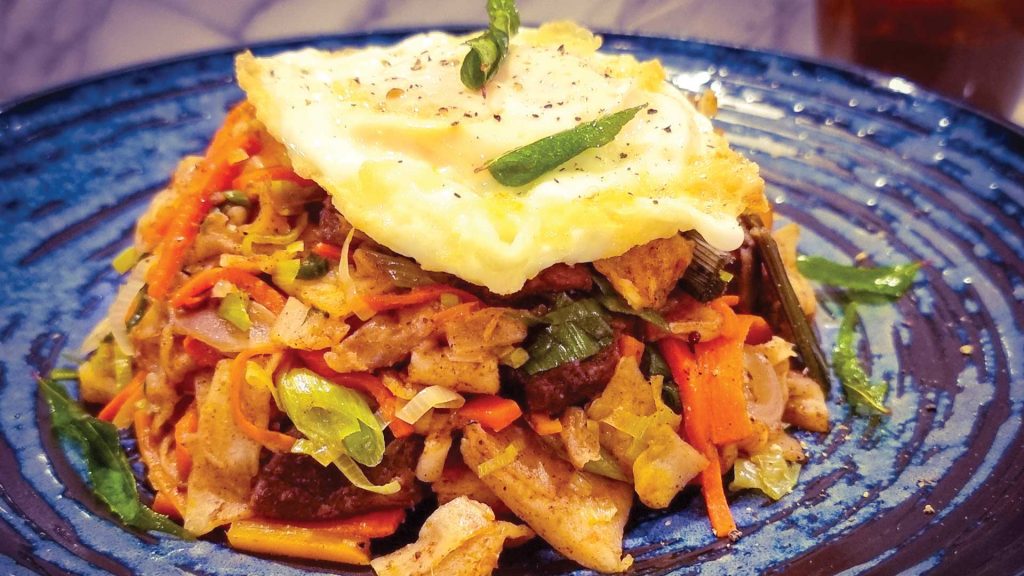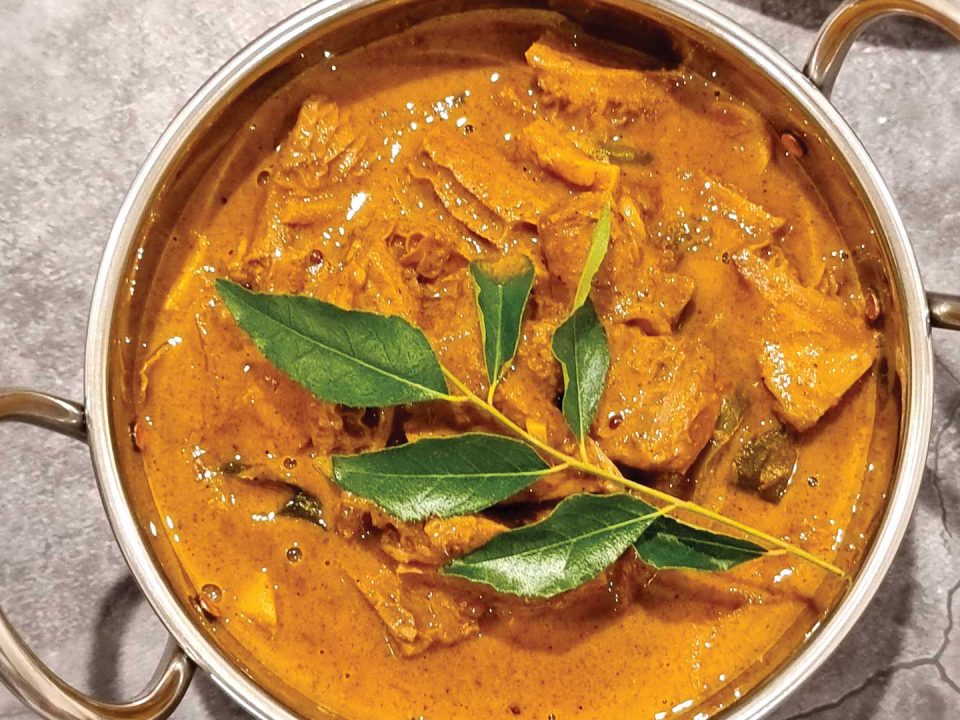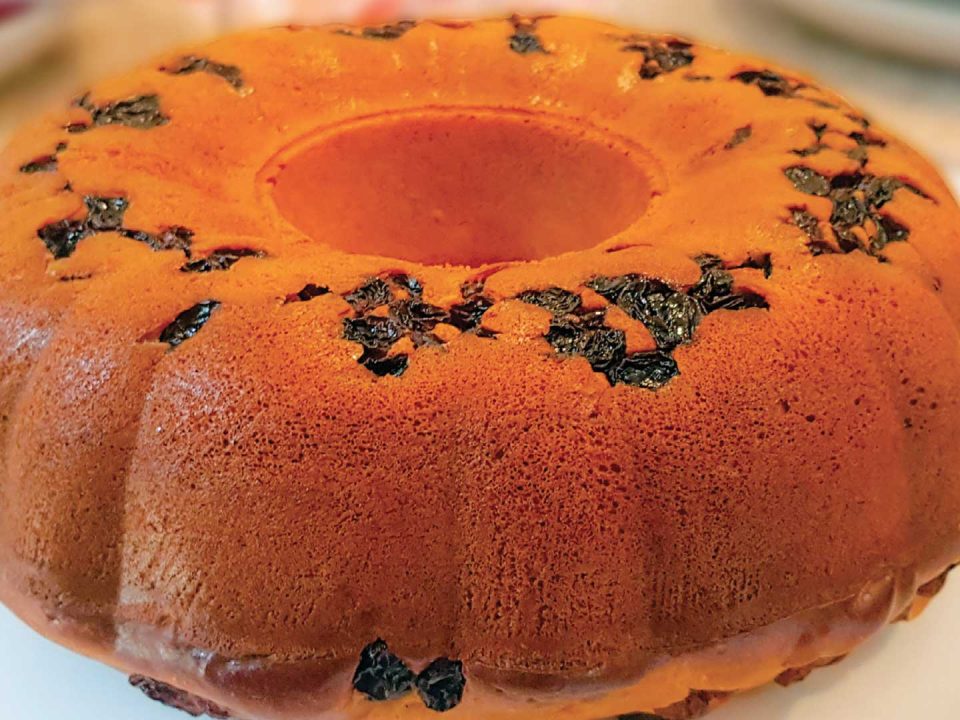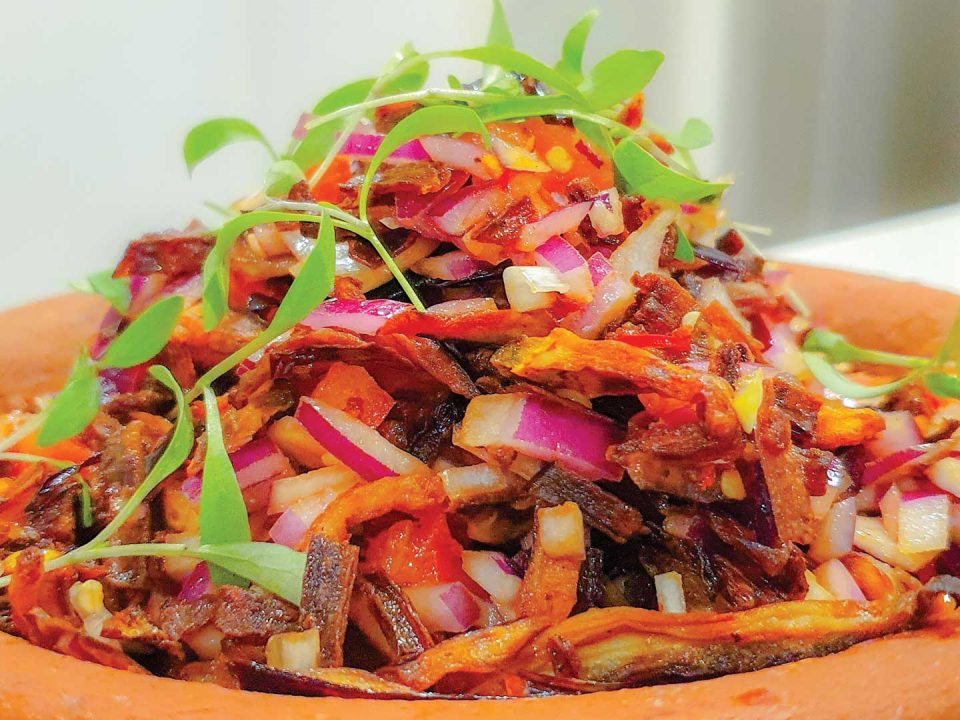STREET FOOD

SAY ‘HELLO’ TO THE SHE-HULK’S NEW VILLAIN
June 12, 2021
HERE’S WHAT YOU NEED TO KNOW ABOUT THE ‘SEX AND THE CITY’ REBOOT
June 12, 2021Kottu’s Sweet Symphony
Dee Williams explains why this dish is a Sri Lankan icon
Food is our common ground, a universal experience,” observed James Beard. Relocating to a new country can be quite mesmerising; I often look out of the window like a child and observe the unique surroundings a country has to offer. We see images and videos on social media of popular landmarks around the world. However, nothing beats being at a particular location and absorbing the environment.
When returning to Sri Lanka, the humidity hits you especially if you’re coming from a cold climate – not to mention the bustling roads where there’s constant use of car horns and three-wheelers weave through the traffic.
When walking the streets in the heart of Colombo, a distinctive noise is bound to grab your attention especially if this is your first visit to Sri Lanka. The ‘taka, taka, taka’ of metal on metal is heard every so often.
The sound is so distinctive – it’s as if the person making the noise is trying to mimic a tune. Much like when traditional pizza makers toss the dough in the air, the art of making kottu roti is unique. If you stop and think for a moment, there aren’t many dishes around the world where a meal is created with so much theatre and action!

Sri Lankan expat Niro – founder of Tuka Tuka KothuRoti Man – says he has seen the curiosity of shoppers in Melbourne markets while he makes kottu. “They think it is very interesting and follow the sound,” he explains.
It’s said that kottu roti was first created in the eastern coastal towns of Sri Lanka in the 1970s by the Tamil or Muslim community. We will probably never know who created it or what inspired them to produce Sri Lanka’s number one street food.
One thing is certain… they would never have imagined this dish would become so popular throughout the island and be served in restaurants around the world. When discussing the popularity of kottu roti, keep in mind its popularity among the younger generation. Kottu is their go-to meal after a night of partying and they use the car bonnet as their table!
The wonderful thing about kottu roti is its versatility. It can be created with whatever ingredients you like – it isn’t a dish with rigid requirements where certain ingredients are a must. The beauty of its versatility is that it’s a dish that can cater to anyone’s dietary requirements.
The best kottu roti I’ve tasted was at Jetwing Kaduruketha. Its flavour combination was very different and the kottu was served elegantly compared to how it’s usually served. It was chicken kottu roti with a fried egg on top and pineapple gravy.
I’ve never had kottu with pineapple gravy before as it is served with meat or vegetable gravy. Pineapple curry is unique to Sri Lanka and that gravy with kottu made it slightly sweet and spicy.
The chef also added a fried egg with a runny yolk on top. This gave it a smooth melt in the mouth texture and added to the lovely combination of flavours. Despite its popularity in Sri Lanka and around the world among expats, it’s rather strange that kottu roti is very rarely made in households even though it is quite easy to make at home.
And with the popularity of online food delivery platforms, it seems even less likely that households will be making kottu roti.







